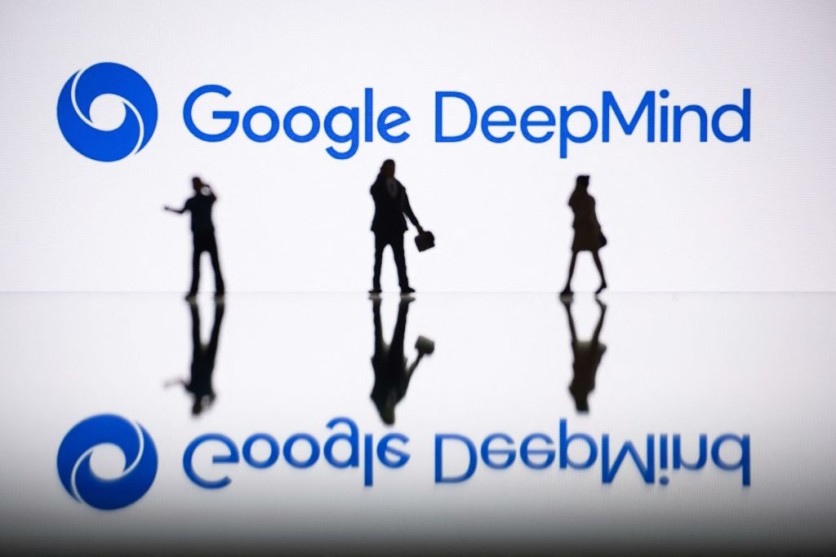DeepMind, Google's artificial intelligence (AI) division, made a remarkable move with its release of GraphCast, a cutting-edge weather prediction AI, positioning itself as a leader in outperforming current systems.
Remi Lam, the team leader at DeepMind, believes that Google GraphCast will revolutionize atmospheric condition prediction in terms of accuracy, accessibility, "and suitability for specific applications," as per a report from The Messenger.

Machine learning-driven GraphCast stands out for its ability to accurately forecast severe weather events such as atmospheric rivers, hurricane storm paths, and temperature extremes.
Interestingly, these results were obtained without any specialized training for these kinds of situations, which is a break from the dependence on complex simulations that characterize conventional forecasting techniques.
How Does GraphCast Work?
GraphCast is a departure from the traditional weather-predicting method of modeling chemical interactions since the AI-powered tool relies more heavily on past data to streamline calculations without sacrificing forecast accuracy.
On a single Google machine learning-optimized device, GraphCast can provide a 10-day weather prediction in less than a minute by employing 36.7 million criteria derived from past weather data. This is in sharp contrast to conventional models, which are infamous for requiring a lot of processing power.
When GraphCast was directly compared to the HRES tool of the European Centre for Medium-Range Weather Predictions (ECMWF), it outperformed HRES on 90% of predictions when lead time and accuracy were taken into account, according to Gizmodo.
Within two to four days, GraphCast reduced cyclone prediction track inaccuracies by 10 to 15 miles. It also improved atmospheric river water vapor predictions by 10-25% and more accurately predicted severe heat and cold five to 10 days ahead.
Peter Battaglia, research director at Google DeepMind and a co-author of the study noted that AI may not work well on rare, unusual things based on "conventional wisdom," however Google GraphCast performed well in that area. "We think this also points to the fact that the model is capturing something more fundamental about how the weather actually evolves in time rather than just looking for more superficial patterns in the data," he said, as quoted by The Washington Post.
Presenting GraphCast: our state-of-the-art AI model delivering 10-day weather forecasts with unprecedented accuracy in under one minute. 🌦️
— Google DeepMind (@GoogleDeepMind) November 14, 2023
It can even help predict the potential paths of cyclones further into the future.
Here's how it works. 🧵 https://t.co/ygughpkdeP pic.twitter.com/0Y6DyBXDow
Will GraphCast Replace Meteorologists?
The researchers stress that GraphCast is not meant to take the place of tried-and-true conventional forecasting techniques, despite these astounding accomplishments. Conversely, this finding provides support for the notion that weather prediction utilizing machine learning methods could potentially augment and supplement current approaches.
The authors of the research emphasize how GraphCast may work in tandem with conventional methods to foster collaboration and provide an early look at future developments in weather forecasting. With governments looking more and more into AI models due to their speed, usefulness, and affordability, GraphCast shows promise.
Related Article : US, China, Join Forces to Possibly Forbid AI in Autonomous Weaponry

ⓒ 2026 TECHTIMES.com All rights reserved. Do not reproduce without permission.




